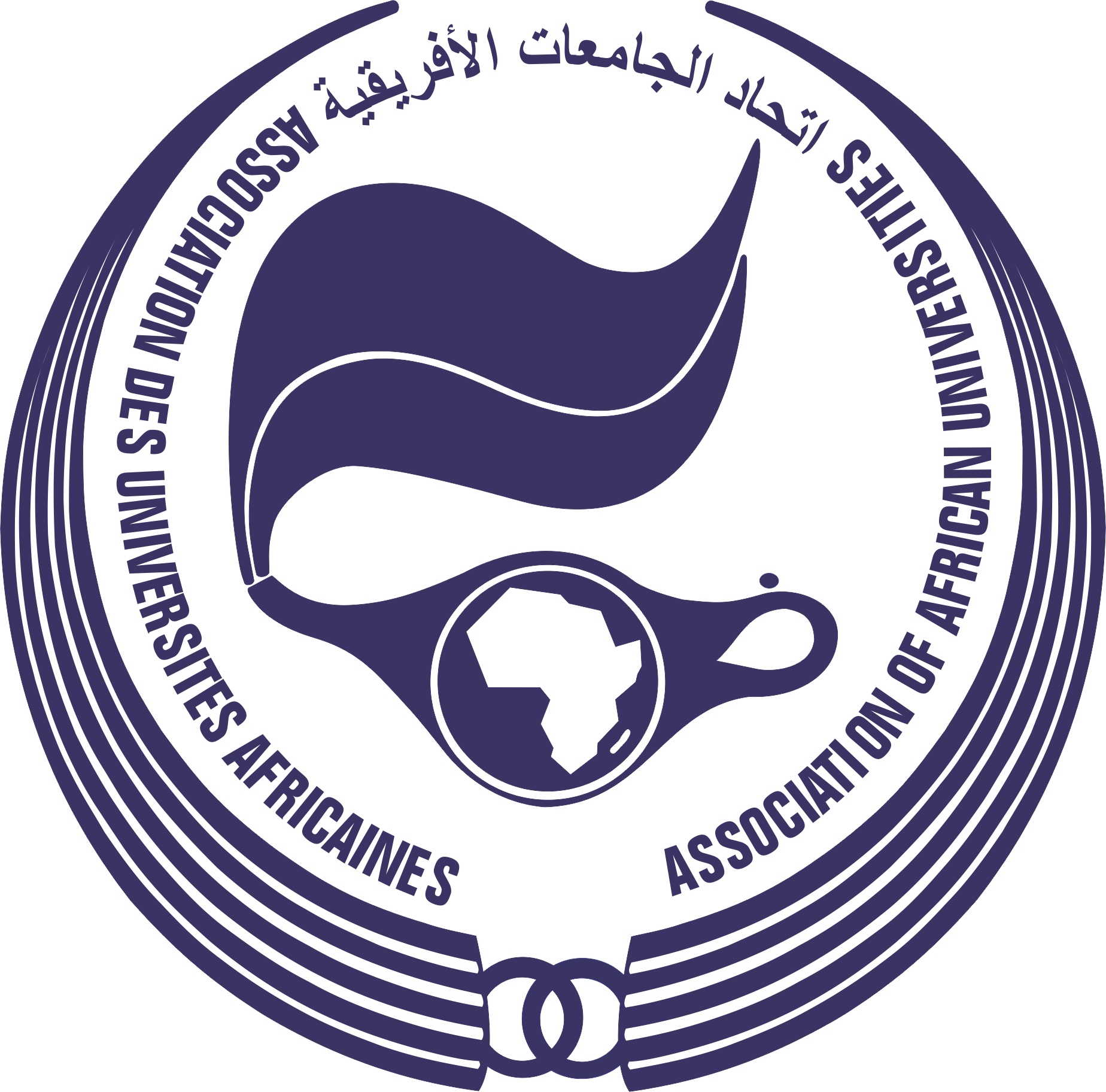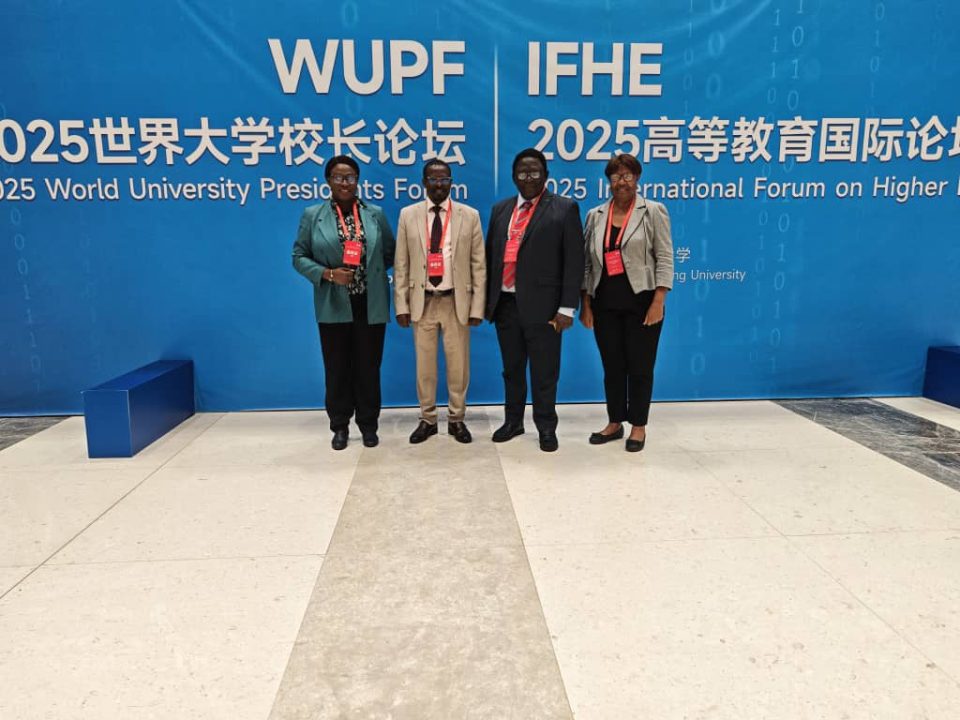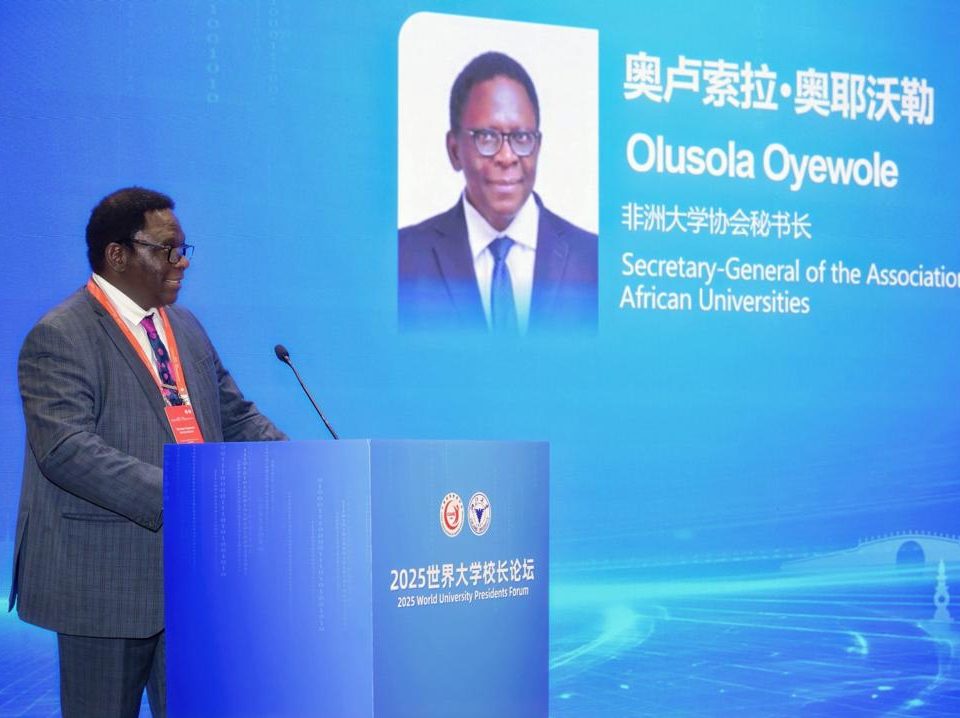
Réinventer l’enseignement supérieur : les acteurs africains définissent un programme ambitieux pour l’innovation, l’inclusion et le développement durable
July 25, 2025
UNAM’s VC Elected AAU President, Champions Knowledge Sovereignty and Youth-Led Academic Renaissance
July 25, 2025A key highlight of the 16th General Conference of the Association of African Universities (AAU) in Rabat, Morocco, was a governance session—aptly dubbed AAU Business Session—which featured changes in the Association’s leadership, membership, and strategic direction.
Opening the session, AAU Secretary-General Prof. Olusola Oyewole presented the 2021–2025 Secretary-General’s Report and unveiled the Plan of Action for 2025–2029. He emphasized AAU’s continued resilience despite global uncertainties, highlighting achievements such as expanded institutional visibility, improved staff morale, and transformative partnerships with global bodies including the World Bank and the European Union.
“Despite global uncertainties and financial constraints, the AAU has remained resilient,” he declared. “We have expanded our footprint, strengthened our partnerships, and prioritized relevance in everything we do. We are not just managing projects; we are shaping the future of Africa’s knowledge economy.”
Prof. Oyewole referenced some flagship initiatives, including the African Higher Education Centres of Excellence (ACE) program, the Harmonization, Accreditation, and Quality Assurance in African Higher Education (HAQAA) program, and the new Climate Change and Health Innovation Hub for West and Central Africa (CHINNOVA) project, as “evidence of AAU’s commitment to delivering African solutions to African challenges.”
To consolidate this commitment, the AAU’s 2025–2029 Roadmap, as Prof Oyewole presented, outlines bold strategies around digital transformation, academic mobility, quality assurance, research innovation, and institutional capacity building—all aimed at reimagining African higher education.
This session also featured the ratification of a suite of constitutional amendments to reflect Africa’s evolving academic and geopolitical landscape. The changes, which received overwhelming endorsement from delegates, included redefining the Association’s various membership categories—full and associate memberships—for greater engagement, due compliance, and alignment with AAU’s mission.
A major reform was the streamlining of the Association’s Governing Board to ensure regional balance, functionality, and responsiveness. “These amendments,” according to Prof. Oyewole, “Are designed to reflect the diversity of our continent while enhancing our unity.”
In a further testament to the AAU’s growing influence, the conference admitted over 30 new members. The newly admitted member institutions included universities from Haiti, the United States, and across Africa—spanning Eswatini, South Africa, Ghana, Nigeria, Kenya, Cameroon, Zimbabwe, and the Democratic Republic of Congo. This expansion underscores AAU’s role in building a globally connected and pan-African academic community.
With the adoption of inclusive governance reforms and the expansion of its membership base, the AAU has taken a bold step toward future-readiness. These developments not only affirm the Association’s commitment to accountability and equity but also equip it to meet the complex challenges of the 21st century. As the AAU implements its 2025–2029 Plan of Action, the new Governing Board will play a pivotal role in ensuring that Africa’s higher education institutions remain dynamic, relevant, and globally engaged.




